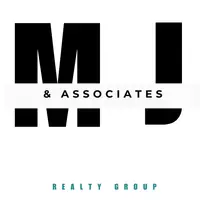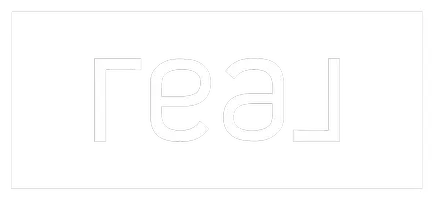What’s Changing with Government-Backed Loans in 2025?

🏦 FHFA Updates for 2025
1. Conforming Loan Limit Increase
The FHFA has raised the baseline conforming loan limit for single-family properties to $806,500 in 2025 — a 5.2% jump from the 2024 level. In high-cost counties like Los Angeles and New York, the cap is now $1,209,750, reflecting updated home-price data.
Why It Matters:
-
Keeps more mortgages within the lower-cost "conforming" pool, reducing borrowing costs.
-
Sustains middle-income buyers' access to affordable financing—especially in pricey areas.
2. Revised Housing Goals (2025–2027)
A new FHFA rule sets fresh affordable-housing goals for Fannie Mae and Freddie Mac:
Single‑Family Goals:
-
Low‑income purchases: 25%
-
Very‑low‑income: 6%
-
Refinance (low-income): 26%
-
Minority census-tract purchases: 12%
-
Low-income tract subgoal: 4%
Multifamily Goals:
-
Low-income units: ≥ 61%
-
Very‑low‑income units: ≥ 14%
-
Small multifamily low-income: ≥ 2%
Buffer Policy:
If targets exceed market levels, FHFA will apply a “measurement buffer” (e.g., −1.3% for low-income purchases). However, meeting goals in 2025 or '26 removes buffer eligibility in 2027.
3. Credit-Scoring Overhaul
The FHFA is transitioning from the traditional tri-merge score to a new bi-merge system: lenders must pull both FICO 10T and VantageScore 4.0 from two credit bureaus — ensuring four scores total.
Impact:
-
More data variety could enhance borrower access—but also raises processing overhead for lenders.
-
Originally slated by Q4 2025, this has been postponed (timeline still pending) .
🏛 HUD’s Major Moves in 2025
1. AFFH Redefinition (Cost vs. Impact)
In 2025, HUD issued a new Affirmatively Furthering Fair Housing (AFFH) interim final rule. Critics argue it significantly watered down previous mandates, removing language about dismantling segregation, promoting integration, and addressing disparities in opportunity.
-
New language redefines AFFH simply as any “rational” action related to promoting fair housing attributes.
-
Elements related to combating segregation and fostering diverse, thriving communities have been scrubbed — triggering backlash from civil rights advocates.
2. Penalty Increases for Non-Compliance
HUD’s compliance enforcement is getting tougher in 2025. Fees tied to things like delayed inspections or miscalculated rent could skyrocket by tens of thousands of dollars.
Takeaway:
Landlords and property managers need to proactively update policies and train teams to avoid costly violations.
3. Fair-Housing Staffing & Budget Cuts
Significant cuts to HUD’s Fair Housing Office—projected at over 75%—along with grant rescissions, threaten the department’s enforcement capacity.
Consequences:
-
Reduced federal oversight may leave residents with fewer tools to challenge housing discrimination.
-
Nonprofits handling 75% of complaints now face funding gaps — creating even wider enforcement cracks.
💡 What This Means for Homebuyers, Lenders & Communities
| Stakeholder | Key Impacts |
|---|---|
| Homebuyers | More favorable mortgage limits support buying power. AFFH rollback could reduce protections for marginalized communities. |
| Lenders | Must navigate new credit pulls and compliance with affordability targets — potentially altering underwriting practices. |
| Landlords/Managers | Tighter enforcement means serious preparation is needed—legal and procedural attention is mandatory. |
| Advocates & Nonprofits | Reduced enforcement staff and grants mean local efforts become even more important to uphold fair housing. |
✅ Best Next Steps
-
Lenders: Integrate bi-merge credit process, adjust to new housing benchmarks, and monitor timeline updates.
-
Property Managers/Owners: Review inspection/rent-setting procedures to align with updated HUD penalties.
-
Community Groups: Bolster local fair-housing support systems as federal capacity shrinks.
-
Homebuyers: Explore the expanded conforming loan limits — but also stay informed on rights and protections.
🔚 Final Thoughts
2025 ushers in a mixed bag:
✔️ Positives: Mortgage limits up, inclusive benchmarks for affordable housing.
✖️ Challenges: HUD’s watered-down fair-housing requirements, restraint in enforcement funding, added compliance burdens — and a credit-scoring shakeup.
Staying informed, vigilant, and proactive is more important than ever.
Let’s Talk About Your Loan Options
Navigating government-backed loans can feel overwhelming—but you don’t have to do it alone. Whether you’re just starting your home search or looking for the right lender, I can help you understand which option is best for you and guide you through the process from start to close.
📩 Ready to explore FHA, VA, or USDA loan options? Contact me today and let’s get you home.
Categories
Recent Posts











